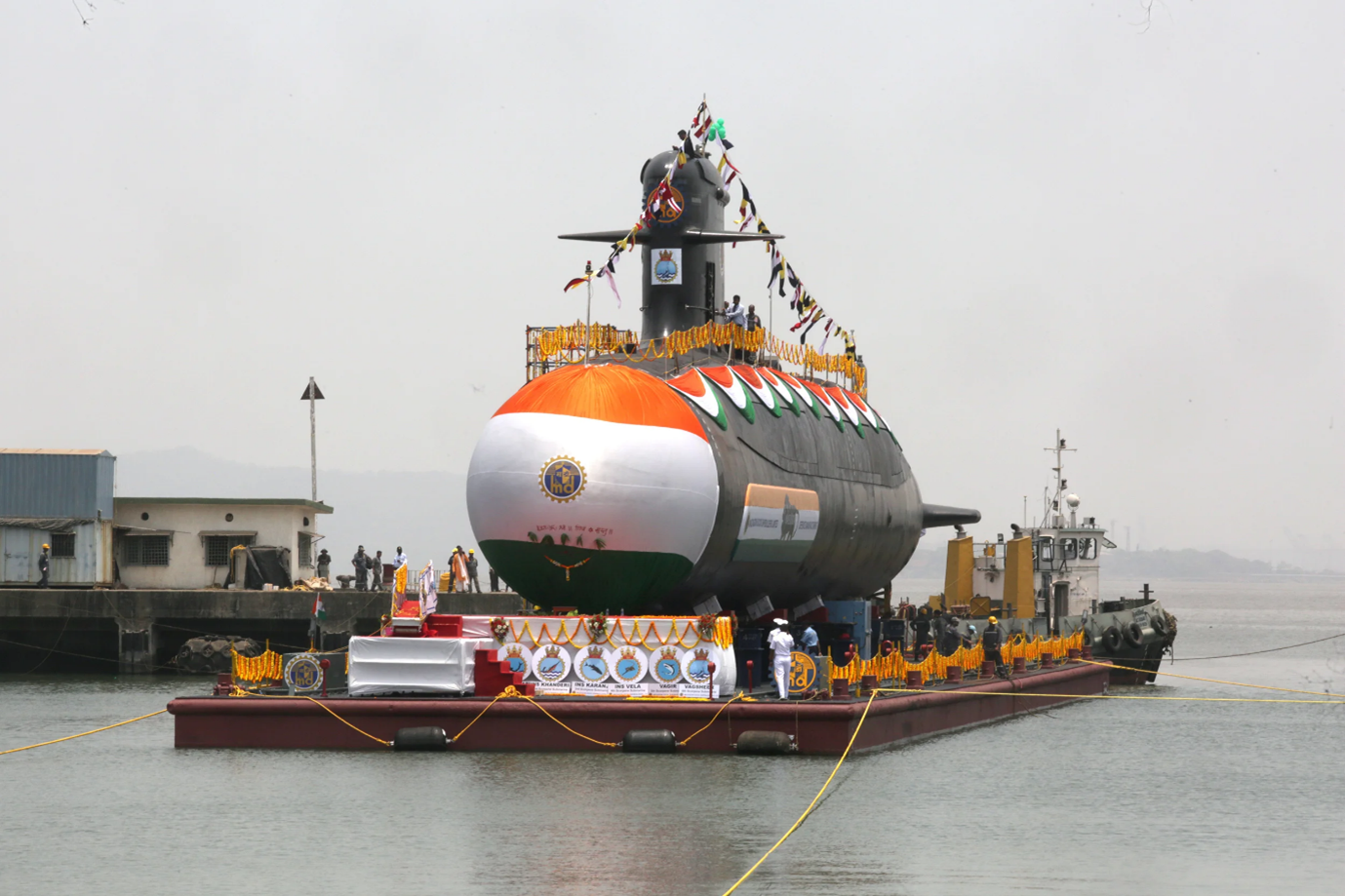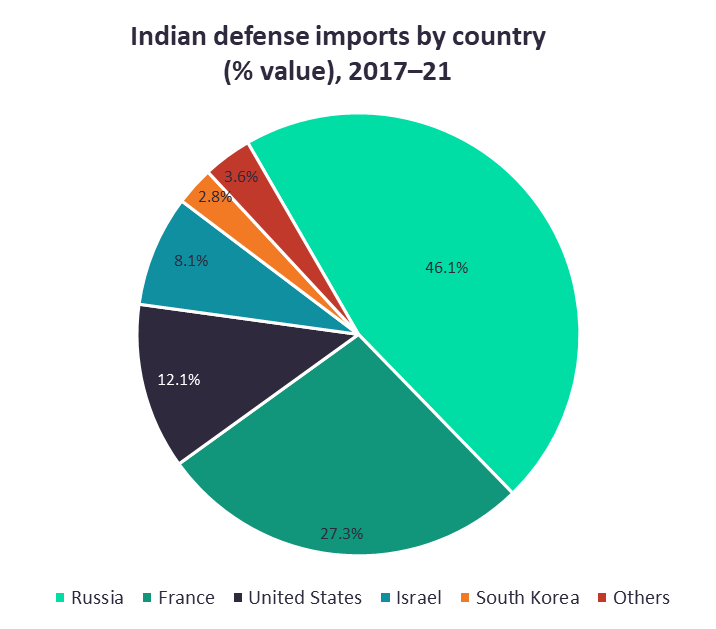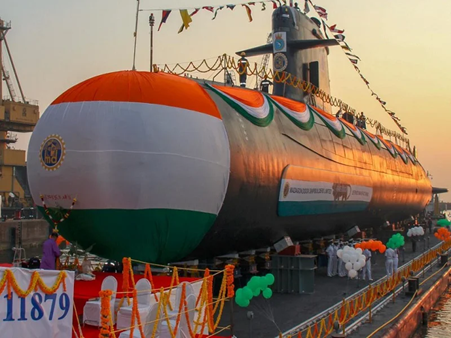
Cutting ties with Russia imports
India has agreed to start talks with Germany over the acquisition of six submarines to bolster its maritime defence capabilities, with New Delhi possibly moving away from its dependence on Russia for Naval hardware. The submarines will be constructed in India in partnership with foreign defence manufacturers.
GlobalData’s “India’s Defense Market 2022-2027, Import Market Dynamics” reports, “Although the market share held by Russian suppliers has declined significantly due to increased competition from western suppliers, they continue to account for 46.1% share in the Indian defence market”.

India’s indigenous goals and China’s threat
France’s Naval Group had pulled out of the construction of the submarine project a day before Prime Minister Narendra Modi visited Paris in May 2022, citing its inability to meet conditions listed by the Indian government in 2021.
The project is taking place in India as part of the Make in India initiative.
In India, the submarines are to replace its ageing submarine fleet, with its four diesel-electric submarines and one nuclear-powered attack submarine being the only submersibles to be acquired or manufactured in the last two decades, as it seeks to counter China’s growing presence in the Indian Ocean.
India has also witnessed China’s constant maritime expansionism in the Indian Ocean and has seen the country develop ports in Pakistan, Sri Lanka, Bangladesh, and Myanmar, leading to significant concerns for the Indian government.

The Indian non-nuclear submarine market, inclusive of diesel AIP submarines (SSP), diesel electric submarines (SSK), and midget Ssbmarines (SSM), is collectively valued at $9.93bn between 2023 and 2033.
Prime Minister Narendra Modi’s government wants India to manufacture more weapons at home in collaboration with foreign partners after decades of being one of the world’s largest arms importers.
India has allocated $72.6bn to the Defence Research Development Organisation (DRDO), a body which oversees the research and development process in the country’s defence sector. This submersible project, P-75I, is said to be the county’s most significant ‘Make in India’ initiative.
The last bidder standing
In August, when India announced that they would procure six submarines for the Navy, Naval Technology reported that the Defence Ministry of India shortlisted five foreign companies. These included ThyssenKrupp Marine Systems, Navantia and Naval Group as foreign partners.
However, since then, Naval Group has withdrawn, and Reuters has reported that Spain’s Navantia Group is no longer in contention. This has left the submarine project for Germany’s ThyssenKrupp Marine Systems as the last international bidder on the shortlist.
The company will also need to transfer a niche technology for fuel-cell-based air independent propulsion (AIP), a clause that has been a sore point for most foreign firms.
Abhijit Apsingikar, aerospace, defence, and security analyst at GlobalData, said: “The German government’s decision to pursue the $5.2 billion deal during German Chancellor Olaf Scholz’s Indian visit between 25-26 February 2023 is likely to encourage competitiveness and resuscitate the P-75I submarine programme.
“However, the explicit nature of the Indian RFI, which calls for a submarine with an operational fuel cell along with rather stringent technology transfer requirements, has thus far deterred contenders, compelling Sweden’s Saab, France’s Naval Group, Russia’s Rosoboronexport and even Spain’s Navantia Group to withdraw from the competition.”
Last week, India’s HAL began talks with Egypt and Argentina to export the Tejas Aircraft contract.







